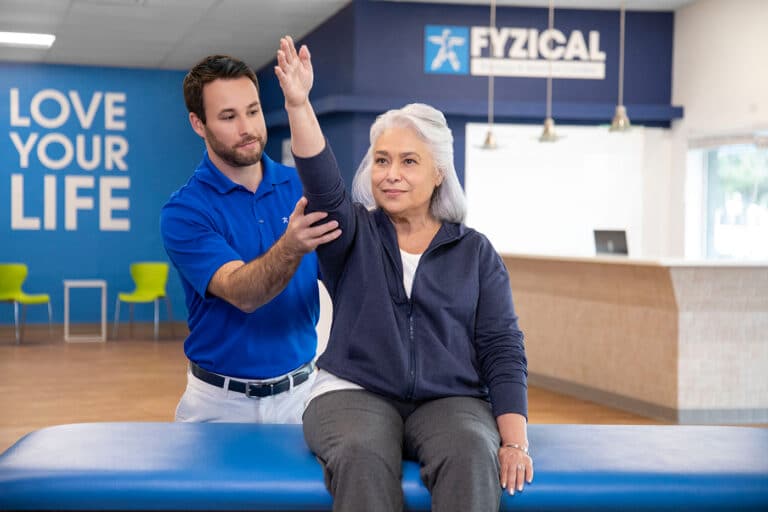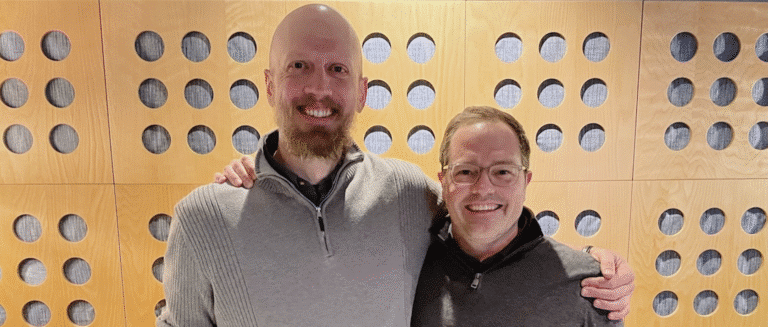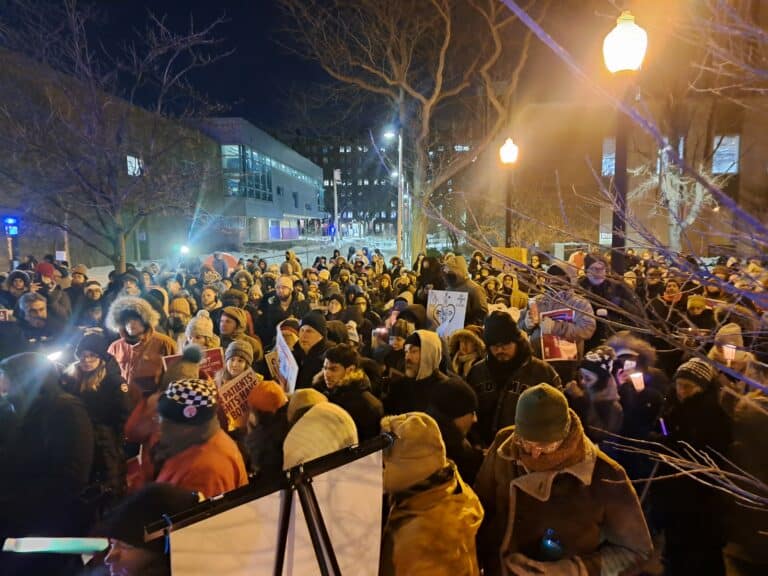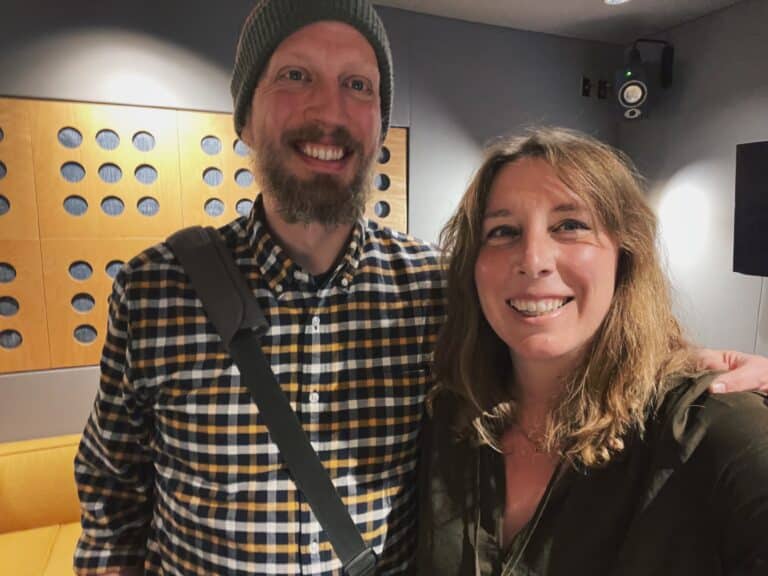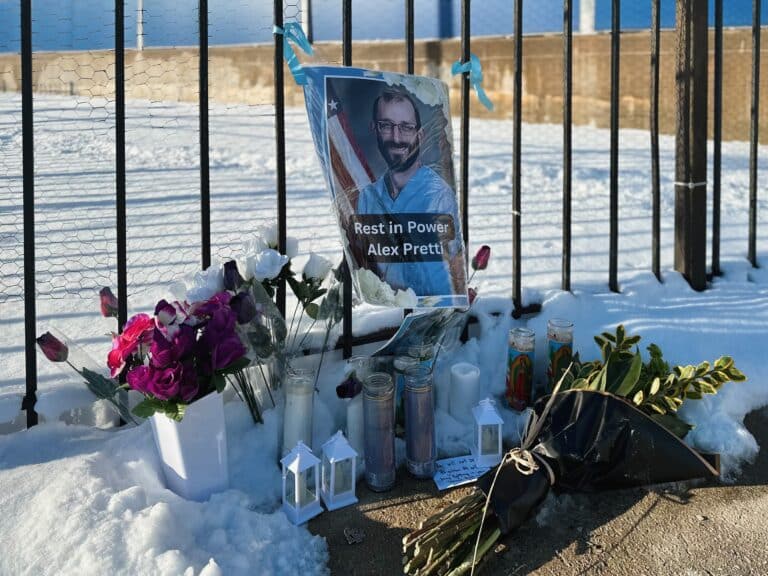University of Chicago professor shares realities of the “Big Beautiful Bill” healthcare impacts
Medicaid covers about 83 million people, Medicare about 66 million, and nearly 24 million people are enrolled in Affordable Care Act (ACA) marketplace plans. Combined, these programs support nearly half of all Americans. But the recently passed “Big Beautiful Bill” puts them in jeopardy.
The One Big Beautiful Bill Act’s funding cuts over the next 10 years include:
- Medicaid (by $1 trillion)
- Medicare (by an estimated $490 billion)
- Food stamps (SNAP, by $300 billion)
- The ACA (some 17 million people could lose health insurance coverage)
Millions of Americans — particularly low-income families and children — may see critical support scaled back or eliminated. Though Congress voted for this now, the defunding will happen primarily after the 2026 midterm elections, which makes it difficult to hold accountable the politicians who voted for these cuts.
To understand how these changes will ripple across U.S. families, communities, and care systems, Chicago Health spoke with Colleen Grogan, PhD, professor at the University of Chicago Crown Family School of Social Work, Policy, and Practice. Grogan is an expert on Medicaid health policy and the political forces shaping the country’s healthcare.
Note: This interview has been edited and condensed for clarity and length.
Defunding or rolling back programs like Medicaid, Medicare, SNAP, and the ACA will have clear effects on low-income families and children. But how could proposed cuts also impact broader society?
Colleen Grogan, PhD: One of the biggest misconceptions about Medicaid is that it only covers the poor. In reality, many working- and middle-class families rely on it, especially for long-term care for aging parents and specialized care for disabled children, which aren’t covered by private insurance. Cuts would not only harm the most vulnerable but [also] other Americans who depend on these programs.
Additionally, if people lose coverage, they often can’t work due to unmanaged chronic conditions, which harms the economy.
About 69% of Americans have a personal connection to Medicaid — either themselves, a family member, or a close friend — which reflects how deeply embedded it is in our healthcare infrastructure.
How could cuts to Medicaid or ACA protections worsen health and economic outcomes?
Grogan: The Big Beautiful Bill is essentially a repeal of the Affordable Care Act. In 2016, Trump and Republicans ran on repealing the ACA. When they got into office in 2017, that was the first thing on their agenda. It almost passed, except John McCain came in with a big thumbs down, and he saved the ACA. Flash forward to the 2024 campaign: Trump and other Republicans said they would not repeal the ACA, because what the Republicans realized was there was a shift in public opinion, and most Americans are in favor of the ACA now.
They realized that repealing the ACA was a losing issue to run on for the campaign. Instead, Trump said he would make it better, not repeal it, but make it better. And he also specifically said, “I’m not going to touch Medicaid.”
Well, what actually got passed is more significant cuts to Medicaid, much more so than what they tried to get passed in 2017. Essentially, they passed an ACA repeal bill plus more. But they just don’t call it that. It’s a huge scam on the American people. To be quite honest, they are trying to mislead the American people into thinking that they’re not doing the ACA repeal, but they are.
In many communities, private-equity firms have already been changing the healthcare landscape, even before the new bill. How is private equity’s growing footprint in hospitals, assisted living facilities, and provider networks affecting care quality and patient health?
Grogan: There’s growing evidence that private equity-backed hospitals and nursing homes often deliver lower-quality care and, in some cases, have higher mortality rates. A key strategy of PE firms is to cut labor costs — especially in nursing staff — which directly impacts patient outcomes.
However, we need more data on this. What’s most concerning is that we can’t get Congress to pass some basic regulations around disclosure so that we can study what’s really happening more quickly.
Moreover, PE-driven consolidation in healthcare has created monopolies that raise prices for patients without improving quality. These firms reduce operational costs but do not pass those savings on to consumers.
How do private equity-owned hospitals and assisted living facilities impact communities overall?
Grogan: Communities suffer when these facilities close due to mismanagement or cost-cutting. Many of these hospitals were [originally] built with public funds to serve underserved areas. When PE-backed companies bankrupt or gut them, states are often forced to bail them out, costing taxpayers even more. A notable example is Steward Health in Massachusetts, where hospital closures devastated local communities and required emergency state intervention to maintain access to care.
Medicaid wasn’t perfect even before the new bill. Why can’t people struggling with addiction, for example, access treatment even with Medicaid coverage?
Grogan: Several barriers persist. First, many Medicaid-managed care plans don’t cover the full range of evidence-based treatments, like methadone or integrated counseling. Second, delays from required prior authorizations can be deadly in addiction cases. Third, there’s a significant shortage of providers and treatment facilities. Even with coverage, people often have nowhere to go for timely help, especially in rural or underserved areas.
Are there other mental health services that are currently unattainable, even with Medicaid coverage?
Grogan: Yes. The U.S. faces a major shortage of mental health providers. Medicaid might cover services, but without enough clinicians, especially in areas like the South Side of Chicago, people can’t access care. The Health Resources and Services Administration (HRSA) and other agencies have programs to build capacity, but funding cuts and reduced investment in public health infrastructure have stalled progress. Medicaid can only help if there’s a provider willing and able to deliver the care.
Now that Congress has passed the cuts, what can people do to combat these decisions?
Grogan: While it’s important that people contact their elected officials directly and vote in elections, many of the most severe consequences of these cuts are delayed until after elections, making it harder for voters to hold politicians accountable. Additionally, misinformation — especially from partisan media — can confuse voters about who is responsible for these decisions.
Right now, people can join advocacy groups like Families USA or support local unions speaking out against these cuts. Find a group to voice your concerns and spread awareness to others.
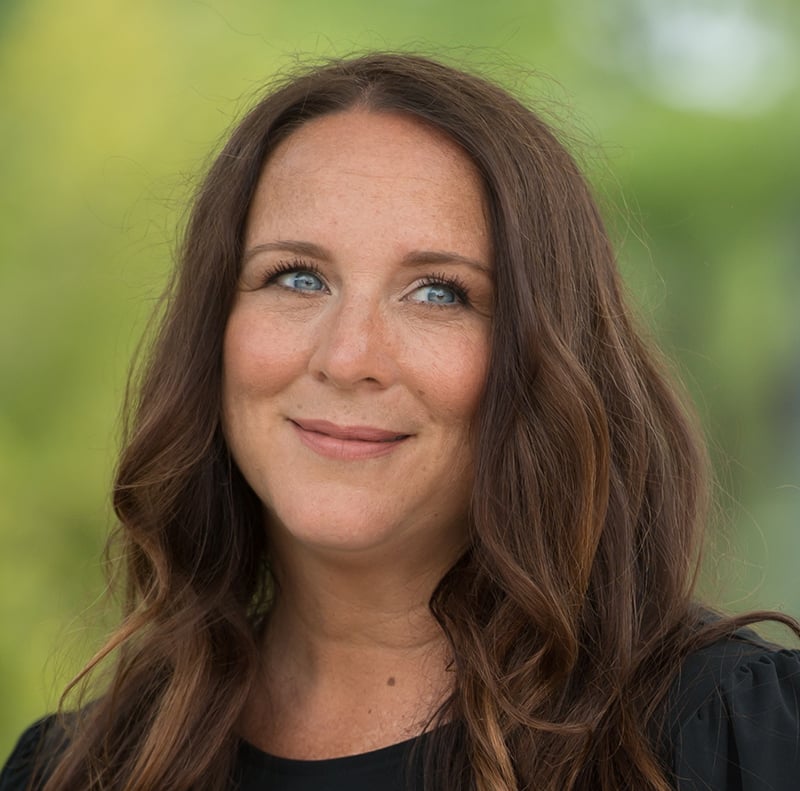
Cathy Cassata specializes in health, mental health, and human behavior. She connects with readers in an insightful and engaging way.



